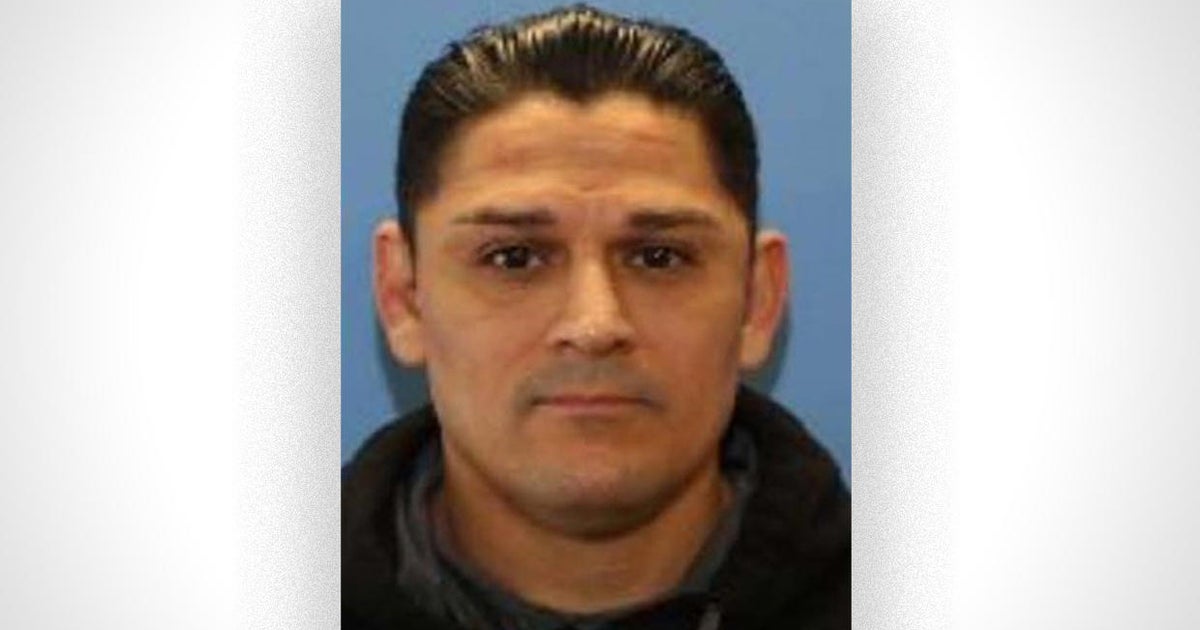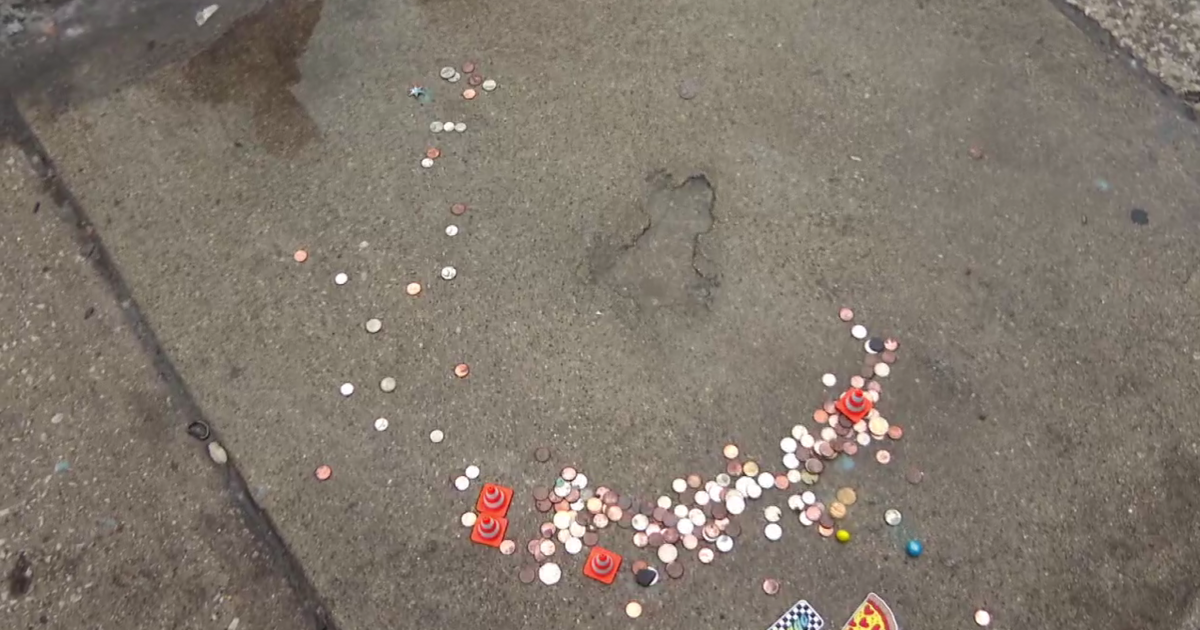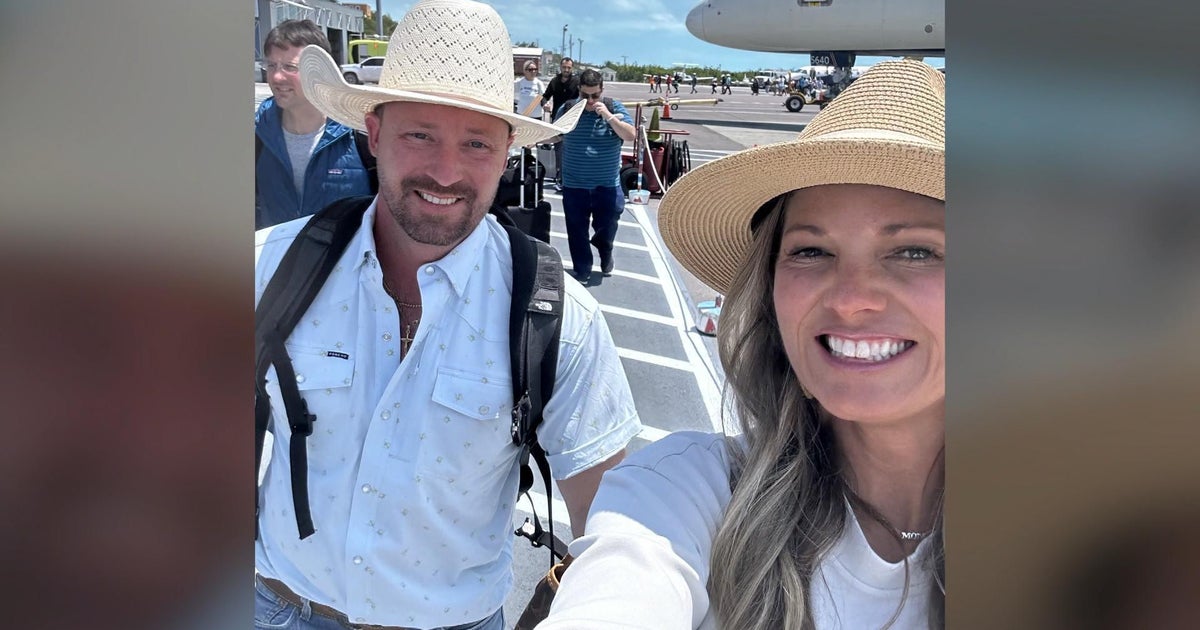Many factors may affect Jimmy Carter's cancer treatment options
Former President Jimmy Carter and his physicians must weigh a number of factors to determine his options for cancer treatment, including the type of cancer, where it originated, and Carter's age and overall health, doctors said.
Carter, who is 90 years old, announced Wednesday that he's been diagnosed with cancer, and that it has spread.
"Recent liver surgery revealed that I have cancer that now is in other parts of my body. I will be rearranging my schedule as necessary so I can undergo treatment by physicians at Emory Healthcare," Carter said in the statement released by the Carter Center in Atlanta.
The statement does not reveal where the 39th president's cancer originated, or even whether that is known at this point.
"The first question is whether the cancer is coming from the liver itself versus if the cancer has spread from another organ, for example the pancreas or some other organ that we don't know," Dr. Andrew Zhu, a specialist in liver and gastrointestinal cancers at Massachusetts General Hospital Cancer Center, told CBS News. "The liver is a very common site for cancer to be metastasized to," he said.
The fact that the cancer has already spread is worrisome. "In general, metastatic cancer - that is, cancer that has spread - is not curable," CBS News medical contributor Dr. David Agus, head of the Westside Cancer Center at the University of Southern California, said Thursday on "CBS This Morning." "We don't know if the cancer started in the liver, or started in the colon, the lung or elsewhere. But therapy can lengthen life and hopefully make life better by reducing symptoms."
Dr. Len Lichtenfeld, deputy chief medical officer of the American Cancer Society, said genetic analysis of the tumor might be done to see what mutations are driving it and what drugs might target those mutations.
"Given the president's age, any treatments, their potential and their impacts, will undoubtedly be discussed carefully with him and his family," Lichtenfeld said.
Age by itself does not preclude successful cancer treatment, said Dr. Lodovico Balducci, a specialist on treating cancer in the elderly at the Moffitt Cancer Center in Tampa. Much depends on the patient's "biological" age versus his actual years, he said.
"A man 90 years old normally would have a life expectancy of two or three years, but Jimmy Carter is probably much younger than that" in terms of his function, Balducci said. "If he tolerated liver surgery, I imagine he has a relatively good tolerance" to other treatments that might be tried. For example, Moffitt has developed a scoring system to estimate how well an older person would tolerate chemotherapy and the risk of serious side effects.
The first task is to determine whether the cancer is curable, "which is unlikely with metastatic cancer," or if it is possible to meaningfully prolong the life through surgery or other treatments, Balducci said. "Cancer in a 90-year-old is a serious problem, but that does not mean a 90-year-old cannot benefit from treatment."
Agus noted that he's seen patients over the age of 90 benefit from a range of cancer treatments. "The only way they would do treatment is if they think it would benefit him," he added.
Carter's statement said further information will be provided when more facts are known, "possibly next week."
The former president and his doctors are likely weighing their options already. "The biopsy was a week ago, so they know the details now," Agus said. "I'm sure they'll announce it next week along with the game plan to hopefully let him live longer and better."
Despite remaining active through the years, Carter's health has recently become the subject of speculation. In May, he was forced to cut short an election observation visit to Guyana when he developed a bad cold.
Carter also completed a book tour this summer to promote his latest work, "A Full Life," which includes his family's history of pancreatic cancer. He wrote in the memoir that his father, brother and two sisters all died of the disease and said the trend "concerned" the former president's doctors at Emory.
CBS News chief medical correspondent Dr. Jon LaPook points out that Carter's family history of pancreatic cancer is important to consider because it increases his odds of developing the disease. One study found that people with three or more close relatives with pancreatic cancer had a 57 times increased chance of getting it themselves.
Pancreatic cancer can spread to the liver, but so can many other cancers, especially those in the gastrointestinal tract, like esophagus and colon.
Carter wrote that being the only nonsmoker in his family "may have been what led to my longer life."
He announced Aug. 3 that he had surgery to remove a small mass from his liver. Carter Center spokeswoman Deanna Congileo earlier this month called the liver surgery "elective."
An Emory spokesman declined comment Wednesday.
Good wishes poured in on social media after Carter's announcement. President Barack Obama said he and first lady Michelle Obama wish Carter a fast and full recovery.
"Jimmy, you're as resilient as they come, and along with the rest of America, we are rooting for you," Obama said in a statement.
Vice President Joe Biden, whose son Beau Biden died of brain cancer in May, said he was praying for Carter, who is "a great man, always upbeat and optimistic."



